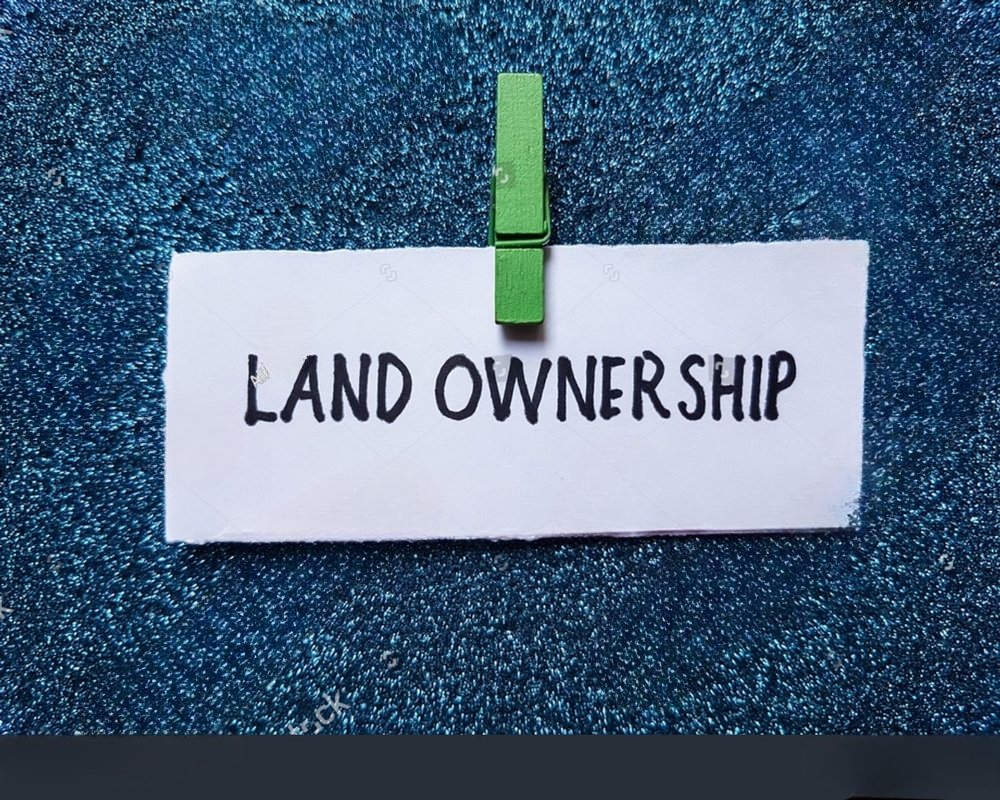1. Parties to the Agreement (Buyer and Seller) The primary authentication comes from the buyer and seller themselves, who must sign the sale agreement voluntarily in the presence of witnesses. Both parties must be of sound mind and legally eligible Signatures confirm mutual consent and acceptance of terms Thumb impressions may be added for extra security Must be executed on proper stamp...
Sales
1. Approach the Local Revenue or Taluk Office The Tahsildar, Talathi, or Village Administrative Officer (VAO) is typically the first point of contact to apply for updated land survey records. Visit the local revenue office where the land is located Submit application with survey number and land details Pay nominal processing fees Used for Patta, Chitta, or Adangal extracts 2. Apply at...
1. Defines Exact Boundaries and Area A land demarcation certificate officially marks the physical limits of a property, showing the area and shape as verified by a government surveyor. Confirms actual landholding on the ground Matches legal records with real measurements Identifies corners, boundary lines, and plot dimensions Avoids confusion over overlap or underuse 2. Prevents...
1. Registered Sale Deed (Title Document) The sale deed is the core legal document that officially transfers ownership from the seller to the buyer. It must be registered at the local Sub-Registrar’s Office. Contains property description, consideration, and seller/buyer details Must be executed on stamp paper and signed before witnesses Valid only after registration with applicable...
1. PoA Does Not Transfer Ownership by Itself A Power of Attorney only grants authority to act on behalf of the owner—it does not make the agent (attorney holder) the landowner. Cannot claim personal ownership rights Works as a legal representative of the true owner Sale must still be in owner’s name unless special clauses apply Often misused when not properly registered or...
1. Multiple Legal Heirs May Delay or Block Sale Ancestral land typically involves multiple legal heirs, and all must agree or sign off on the sale. Disputes or disagreements among family members can stall or nullify the transaction. Each heir has equal undivided share unless partitioned Consent from all heirs is mandatory One heir cannot sell the whole without legal authority Frequent...
1. Sub-Registrar’s Office (SRO) The first and most critical place to record a change in land ownership is the Sub-Registrar Office, where the sale deed must be registered under the Registration Act. Mandatory for legal validity of sale Stamp duty and registration fee apply Generates a registered sale deed with transaction details Official entry in property transfer records 2. Revenue...
1. Establishes Legal Ownership in Revenue Records Mutation (also known as Jamabandi, Khata, or Patta update) is the process of updating the land revenue records in the new buyer’s name after a sale is registered. Confirms legal possession of the land Separates new owner from seller in official records Prevents title disputes with previous owner Recognized by municipal and revenue...
1. Landowner or Seller (Primary Responsibility) The seller holds the first responsibility to provide complete and truthful documentation about the land’s ownership, title, and usage history. Must disclose full ownership chain and title deed Provide Patta, EC, tax receipts, and conversion records Share survey maps, layout plans, or approvals Ensure there are no hidden disputes or...
1. Title Verification and Ownership Clarity Ensure the land has a clear, marketable title with no disputes, encumbrances, or conflicting claims. This is the most critical foundation for a legitimate sale. Obtain latest Encumbrance Certificate (EC) Verify name on Patta / Khata / RTC Trace chain of ownership through sale deeds Cross-check with land revenue and municipal records 2. Legal...










